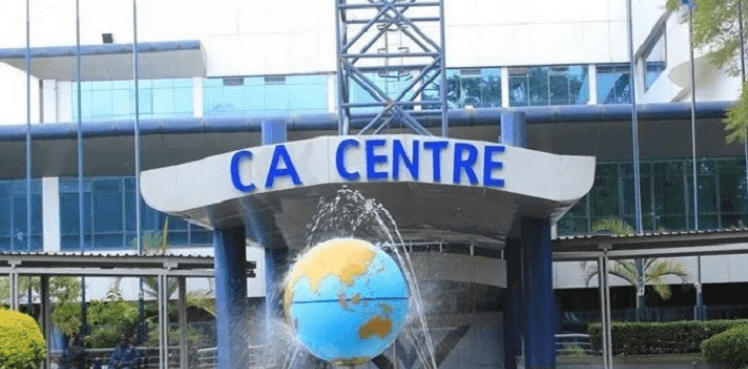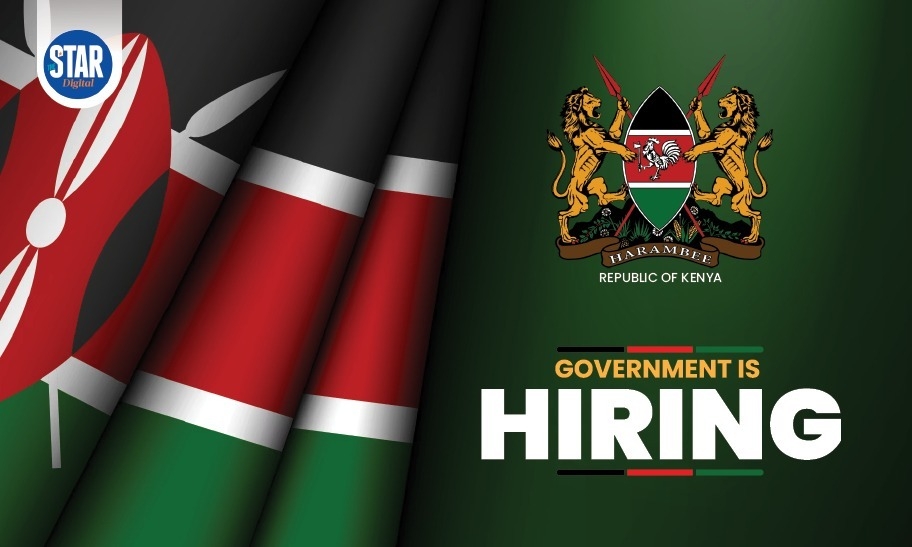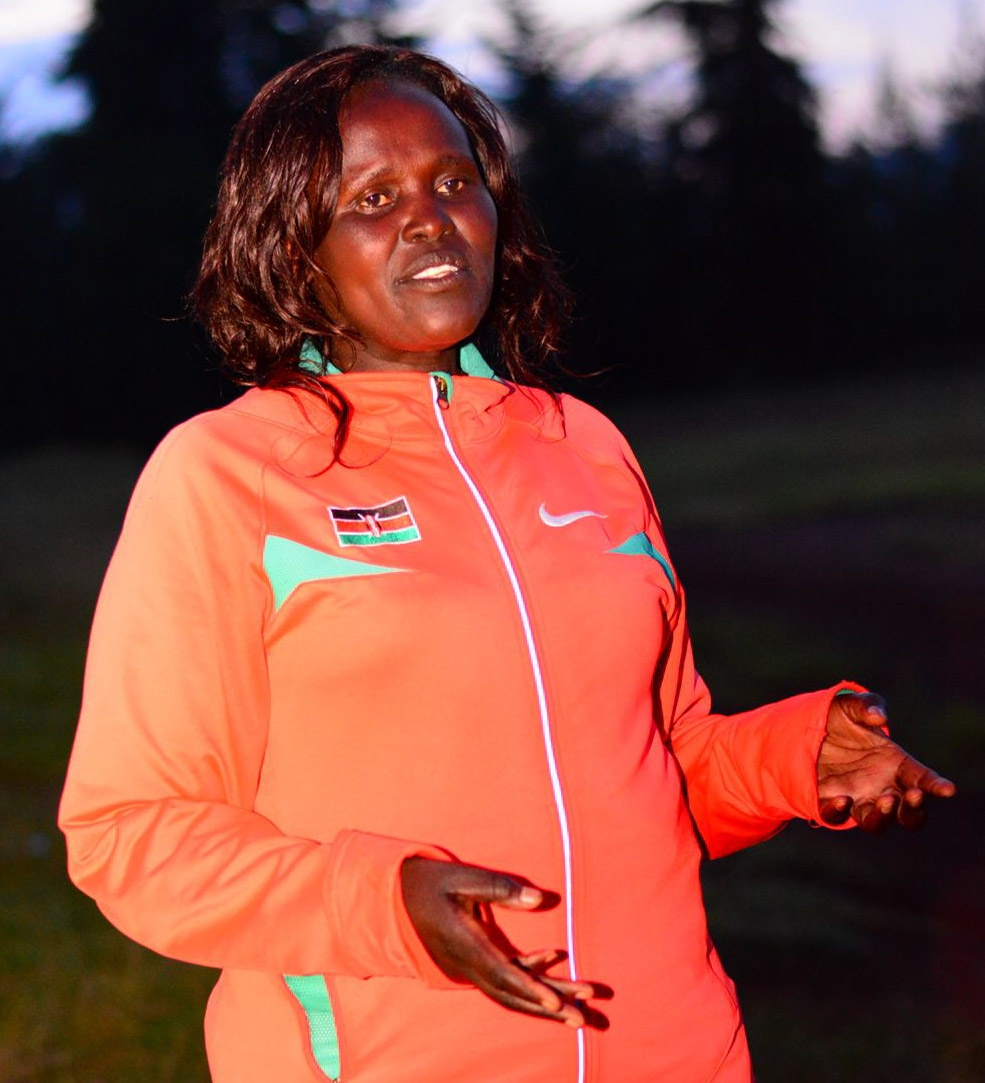The government will release genetically modified maize seeds to farmers in next year, the Kenya Agriculture and Livestock Research Organisation has said.
Director general Eliud Kireger said on Tuesday the seeds will be given to farmers for free for demonstration.
"The seeds will be planted by farmers on 500,000 acres across mid altitude agro ecological zones as demonstrations pending full commercialisation by private companies," he said.
He spoke while briefing the media on genetically modified organism in the country.
Kireger said 11 metric tons of certified GMO maize seed will be released during the 2023 long rains planting season.
On October 3, President William Ruto lifted the ban on GMO after ten years in accordance with the recommendation of the Task Force to Review Matters Relating to Genetically Modified Foods and Food Safety.
The ban prohibited the open cultivation of genetically modified crops and the importation of food crops and animal feeds produced through biotechnology innovations.
This followed authorisation for open cultivation and importation of white GMO maize.
But since then, civil society groups have been up in arms with the government citing lack of public participation prior to lifting of the ban.
Anne Maina, national coordinator, Biodiversity and Biosafety Association of Kenya (BIBA) said GMO crops are heavily dependent on synthetic fertilisers and toxic pesticides like RoundUp that have been linked to cancer and other toxic pesticides.
"With climate change, GMOs cannot survive with water. The switch to GMOs will lead to biodiversity loss having a negative impact on nutrition," she said.
But Kireger said the ban was as a result of a real need to ensure food and feed security and to safeguard our environment.
"Climate change and severity of drought and emergence of new pests such as fall army worms and maize stalk borer and diseases such as Maize Lethal Necrosis pose a real threat to food, feed and nutritional security,” he said.
He said these pests are very expensive to control with farmers spending up to Sh12,000 per acre on pesticides alone.
"These pesticides are also harmful to human health and the environment, especially water. They significantly contribute to low production that currently stands at seven to ten (90kg) bags against the potential of 22 to 35 bags per acre.
"We lose about 13 million (90kg) of maize to stock borers alone annually valued at Sh32.5 billion,” said Kireger, adding that maize borers attack also increases aflatoxin contamination, which is a health hazard," Kireger said.
He further explained that GMOs have been grown for almost 30 years with no verified health problems being reported.
Scientifically, Kireger said, GMO is proven to be safe for food, feed and the environment and is currently approved for cultivation in about 70 countries worldwide.
"Kenya has a fully robust and functional policy, legal and institutional framework for governing use of GMOs. After a decade of successful research three Bt maize varieties - WE1259B, WE3205B and WE5206B - were recommended for release by KEPHIS but the final release and placement to the market was pending cabinet decision," he said.
Kireger assured Kenyans that the Bt maize is safe as conventional varieties for food, feed and the environment.
The DG said KALRO and its partner, African Agricultural Technology Foundation (AATF), have worked with regulatory agencies like the National Biosafety Authority (NBA), National Environmental Management Authority (NEMA) and Kenya Plant Health Inspectorate Service (KEPHIS) on the various steps of the research process, as required by law.

















